Breaking Free from the One-Dimensional Business Trap: The Power of Expansion and Adaptability

When Tunde launched EcoWrappro Solutions, it was a niche brand that specialized in biodegradable food packaging. The company took off quickly, with big supermarkets and restaurants contracting them. But as the industry evolved, so did the demands from the clients. Customers started asking for green cutlery, eco-friendly shopping bags, and even green cleaning products. Tunde recognized the opportunity but hesitated. Would diversifying dilute his brand? Would the consumers still see EcoWrappro as a leader in sustainability, or would they lose their identity by spreading too far?
This is the dilemma that many organizations face. They start with a concise focus, build a recognized brand, and then struggle to extend beyond that niche. The fear of losing brand clarity or confusing the customer will more than likely keep them boxed in, and yet shifts in the marketplace, advances in technology, and evolving consumer tastes call for nimbleness. A study in Harvard Business Review (2022) posited that organizations that diversify strategically expand revenue by as much as 20% over firms that stick narrowly to their knitting. Despite that, numerous companies balk, stuck in the paralysis of inertia.
Look at some of the great success stories in today’s world. Apple started as a computer company but expanded into smartphones, wearables, financial services, and entertainment. Amazon started as an online bookstore but is today a cloud computing, logistics, AI, and media powerhouse. These companies did not sell off their core, they diversified strategically while staying true to their brand. McKinsey & Company (2023) established that companies that reinvent themselves continuously beat industry peers by 30% in long-term revenue growth. The moral of the story is this: Expansion is not a matter of losing identity; it is a matter of leveraging strengths in new areas.
Most organizations, however, do not understand when and how to expand. Some hold so tightly to their original vision that they become obsolete. Others dive headlong into diversification with no strategy, ending up with diluted brand recognition. The key to successful expansion is intentional growth; extending what already works while positioning for future demands.
For companies like EcoWrappro Solutions, the tipping point was when Tunde shifted his mindset. Instead of thinking of his company as a packaging company, he started thinking of it as an eco-innovation brand. This subtle but powerful rebranding allowed him to introduce new sustainable product lines without sacrificing credibility. The customers did not see the expansion as random; they saw it as the growth of the brand’s mission.
One common fear for leaders is brand dilution. They worry that new products or services will confuse their audience, but history shows us that when done properly, expansion actually makes a brand more powerful, not less. Nike started in running shoes but moved on to successfully expand into apparel, fitness technology, and sports equipment without ever sacrificing its core identity of athletic excellence. Tesla was once all about electric cars, but today, it leads in solar energy, battery technology, and AI-driven transportation, which is a fulfillment of all its sustainable innovation strategies.
For companies to expand and not lose brand identity in the bargain, they have to follow a structured approach. Firstly, companies have to play to their strengths, leveraging current competencies to progress into new ventures. Secondly, companies must pilot and test new markets before full commitment. Third, they need to maintain brand consistency, ensuring that every new venture is true to the company’s vision and values. If expansion would thrust them into a new category, sub-brands can be established to maintain clarity. Above all, growth needs to always be customer-centric, solving real issues rather than chasing trends.
After a circumcogitation of his options, Tunde eventually embraced expansion. EcoWrappro Solutions diversified from packaging into a leader of environmentally friendly consumer goods, exporting to multiple nations within five years. Rather than weakening the brand, diversification cemented its position as an industry pioneer. Customers saw them not as a company that abandoned its roots, but one that evolved to meet their needs.
Business growth is not a comfort zone, it’s a matter of when to break out. Those businesses that remain stagnant can become irrelevant, and those that adapt can thrive in constantly changing markets. As author Jim Collins once said, “Great companies don‘t just react to change. They create it.“
The question for leaders is this: Are you building a company that’s future-proof, or are you remaining in one lane? The answer will determine whether your business thrives or becomes a footnote.
References





